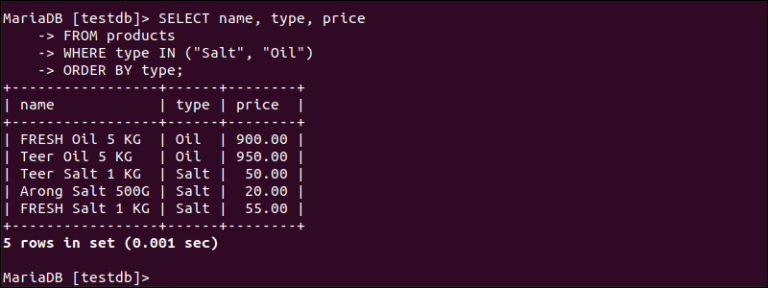

IN/OUT/INOUTĮach parameter is an IN parameter by default. If the procedure already exists, then a warning will be triggered by default. If the IF NOT EXISTS clause is used, then the procedure will only be created if a procedure with the same name does not already exist. One can't use OR REPLACE together with IF EXISTS.Things to be Aware of With CREATE OR REPLACE

Parameter names are not case sensitive.Įach parameter can be declared to use any valid data type, except thatįor valid identifiers to use as procedure names, see Identifier Names. If there are no parameters, an empty parameter list of () should be The parameter list enclosed within parentheses must always be present. Regardless of whether IGNORE_SPACE is enabled. It is always allowable to have spaces after a routine name, The IGNORE_SPACE SQL mode applies to built-in functions, not to stored Suggest that it is better to avoid re-using the names of existing SQL Is also true when you invoke the routine later. Parenthesis when defining the routine, or a syntax error occurs. If the routine name is the same as the name of a built-in SQLįunction, you must use a space between the name and the following Requires the SUPER privilege, or, from MariaDB 10.5.2, the SET USER privilege. The DEFINER and SQL SECURITY clauses specify the security context toīe used when checking access privileges at routine execution time, asĭescribed here. By default, MariaDBĪutomatically grants the ALTER ROUTINE and EXECUTE privileges to the Necessary to have the CREATE ROUTINE privilege. To execute the CREATE PROCEDURE statement, it is When a stored procedure has been created, you invoke it by The given default database while it executes. When the routine is invoked, an implicit USE db_name is performed (and To associate the routineĮxplicitly with a given database, specify the name as db_name.sp_name By default, a routine isĪssociated with the default database.

Things to be Aware of With CREATE OR REPLACE.


 0 kommentar(er)
0 kommentar(er)
